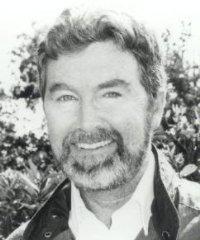Samuel Johnson Quotes about Exercise
[W]ith an unquiet mind, neither exercise, nor diet, nor physick can be of much use.
Life of Samuel Johnson by James Boswell.
Samuel Johnson, Hester Lynch Piozzi (1952). “The Letters of Samuel Johnson with Mrs. Thrale's Genuine Letters to Him: 1775-1782”
Samuel Johnson, Arthur Murphy (1825). “The Works of Samuel Johnson, LL.D.: With Murphy's Essay”, p.653
"The Life of Samuel Johnson, LL.D". Book by James Boswell, 1791.
James Boswell, Samuel Johnson (1824). “The Life of Samuel Johnson, LL. D., Comprehending an Account of His Studies, and Numerous Works, in Chronological Order: A Series of His Epistolary Correspondence and Conversations with Many Eminent Persons; and Various Original Pieces of His Composition, Never Before Published; the Whole Exhibiting a View of Literature and Literary Men in Great Britain, for Near Half a Century During which He Flourished”, p.416
Samuel Johnson, Arthur Murphy, Francis Pearson Walesby (1825). “Essay on the life and genius of Dr. Johnson [by Arthur Murphy] Poems. Rasselas, prince of Abissinia. Letters”, p.311
Samuel Johnson (1761). “The Rambler: In Four Volumes”, p.217
The Rambler, No 85, January 8, 1751.
James Boswell, Samuel Johnson, Edmond Malone (1824). “The life of Samuel Johnson, LL. D., comprehending an account of his studies, and numerous works, in chronological order: a series of his epistolary correspondence and conversations with many eminent persons; and various original pieces of his composition, never before published; the whole exhibiting a view of literature and literary men in Great Britain, for near half a century during which he flourished”, p.373
Samuel Johnson (1761). “The Rambler: In Four Volumes”, p.105
Samuel Johnson, William Page (1860). “Life and Writings”, p.210







